
CDC researchers reported on the improvements and inaccuracies of assays within the Vitamin D Standardization-Certification Program.

CDC researchers reported on the improvements and inaccuracies of assays within the Vitamin D Standardization-Certification Program.

As the opioid crisis and injection drug use continue, pharmacists can look to previous outbreaks to guide their responses to the HIV–injection drug use syndemic.
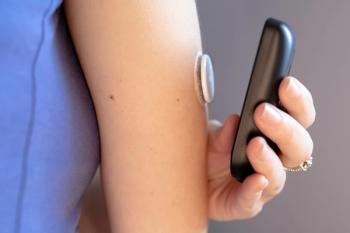
The Lingo and Libre Rio from Abbott are based on the company’s FreeStyle Libre sensing technology.
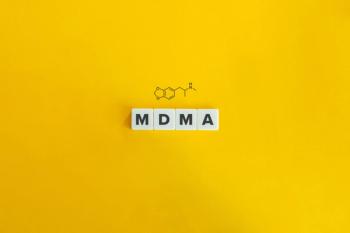
Sam Clark, MD, PhD, founder and CEO of Terran Biosciences, discusses how some of the concern’s raised by the panel can inform future psychedelic research.

The new task force highlights a stronger government focus on curbing the risks of e-cigarettes for young people, especially after sustained calls for stricter action on the public health issue by lawmakers and the public.
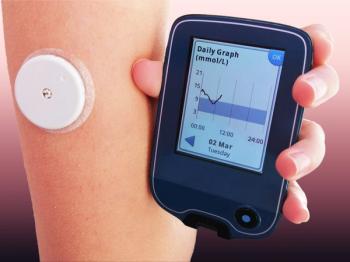
In a study presented at ASCO 2024, investigators found that all 20 included patients with early stage breast cancer receiving chemotherapy developed hyperglycemia.
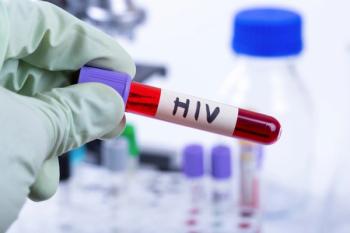
See what’s trending in pharmacy with a preview of the Drug Topics June issue.
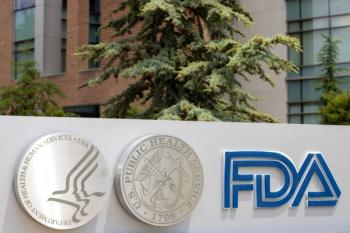
Sam Clark, MD, PhD, founder and CEO of Terran Biosciences, talks about some of the problems he saw during the Psychopharmacologic Drugs Advisory Committee meeting.

“The more we share our experiences and stories and work together as a profession, the more we can come together to support each other and form solutions,” said Joanna Lewis, PharmD, MBA, wellness writer and advocate, on overcoming burnout in the pharmacy.

Check out this recap of articles published on our sister sites during the past week.

In a session presented at the 2024 Heart in Diabetes Conference, researchers discussed the abilities of continuous glucose monitoring (CGM) to capture lifestyle data and improve mortality rates.

Vaccinated men and women are at a reduced risk for HPV-related cancers, according to research presented at ASCO 2024.

In an abstract presented at ENDO 2024, researchers addressed practitioners’ current knowledge of CGM and their experience prescribing in low-income communities.
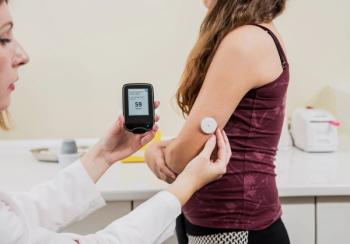
HbA1c levels decreased significantly after an average of 154 days in patients who used a continuous glucose monitor.
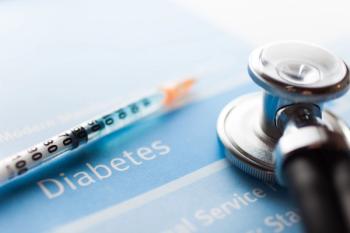
Four poster presented at ENDO 2024 examined the current landscape of diabetes.

The Psychopharmacologic Drugs Advisory Committee voted 10-1 that the benefits of MDMA do not outweigh its potential risks.

Posters presented at ENDO 2024 investigated excessive weight gain in breast cancer survivors and how high insulin levels impact outcomes for Black women with an aggressive form of the disease.
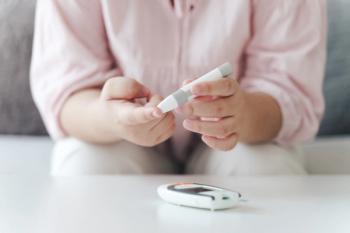
In an abstract presented at the Endocrine Society’s ENDO 2024 annual meeting in Boston, Massachusetts, researchers addressed the association between social vulnerability and glycemic control in patients with diabetes.
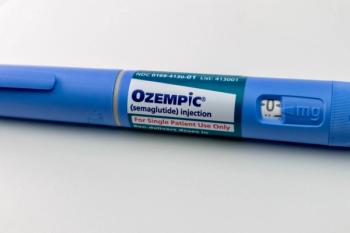
Research presented at ENDO 2024 found that glucagon-like peptide-1 receptor agonists had a lower acute pancreatitis recurrence risk than SGLT2i, DPP4i, and no medication.
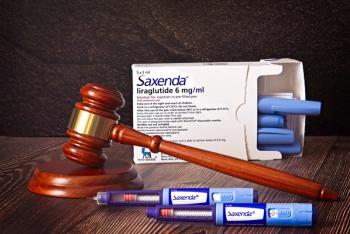
In an abstract presented at the Endocrine Society’s ENDO 2024 annual meeting in Boston, Massachusetts, researchers explored access to GLP-1s for teenagers with and without type 2 diabetes.

While elevated BMI at baseline was not associated with increased cardiovascular risk, cumulative excess BMI was associated with an increased risk in people under 50.
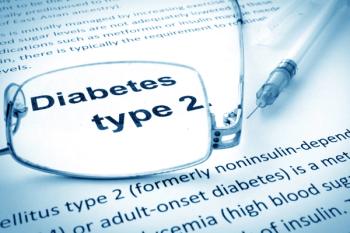
Higher serum testosterone concentration was not associated with a reduced risk of developing type 2 diabetes in men older than 65.
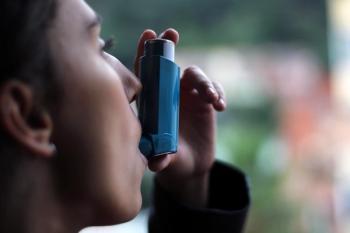
All Boehringer Ingelheim inhalers are included in the program and will be available for $35 per month for eligible patients.

Research presented at ENDO 2024 found that environmental stress increased the likelihood of earlier alcohol, nicotine and cannabis use in females and traumatic events increased the likelihood in males.

Check out this recap of articles published on our sister sites during the past week.
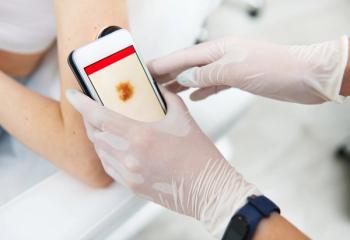
In case you missed it, this week we had news about AI's role in promoting skin cancer awareness, the legalization of edible cannabis, expanding the role of the pharmacist, and more.
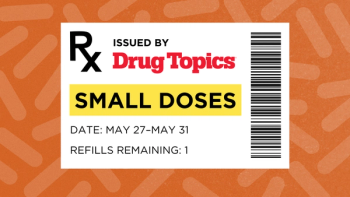
Check out a recap of important pharmacy news you might have missed this week, dispensed in small doses.
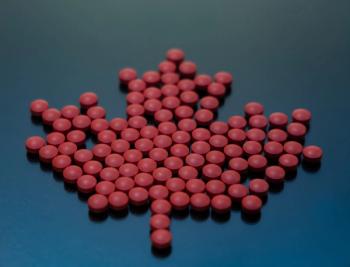
Authors analyzed Section 804 of the Food, Drug, and Cosmetic Act (FDCA) allowing state-sponsored programs to bring Canadian drugs onto US soil.

According to a survey, 18.9% of respondents said that the person they knew who died of a drug overdose was a family member or close friend.